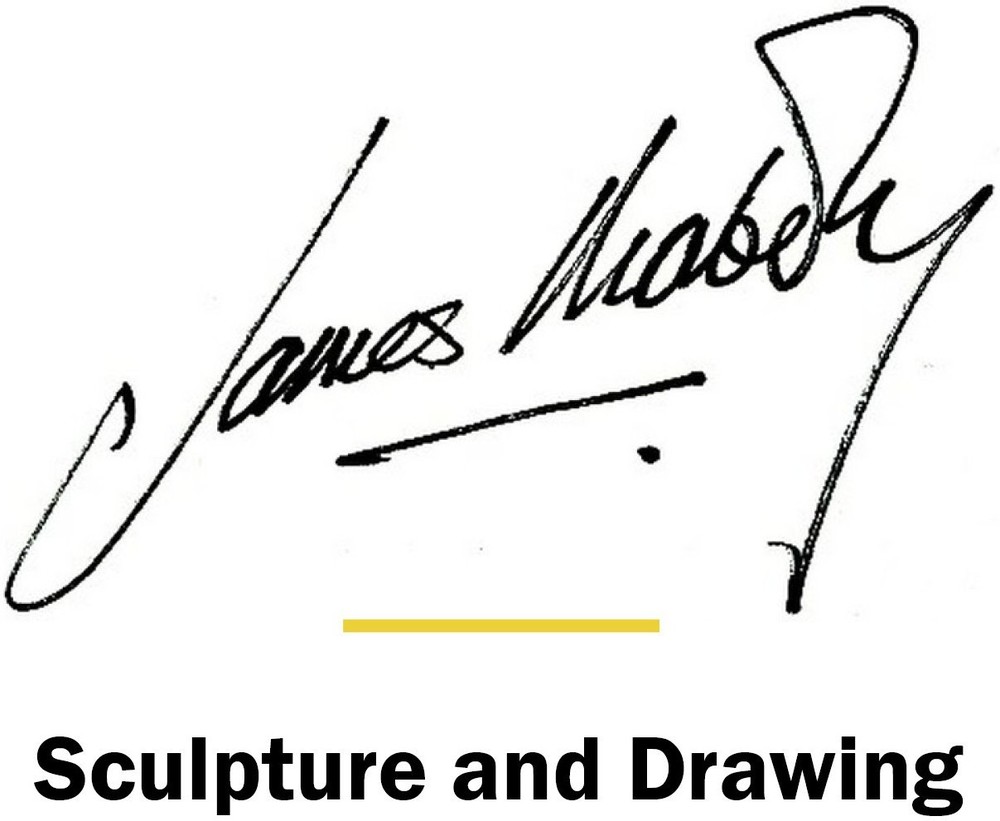 The death of Nelson Mandela has caused us all to reflect on the extraordinary achievements of a man who dedicated his life to the upliftment of his people. Despite spending 27 years as a prisoner of the state, he emerged as a man without bitterness. More than that, he welcomed the idea that blacks and whites could live and work with one another in a new South Africa and this vision helped him bring a divided nation together to support the Springbok rugby team win the World Cup in 1995, so beautifully captured in the film ‘Invictus’. His incarceration had allowed his anger to mellow and he derived great wisdom from recognising that at base level, all of us have the same basic needs and desires. His modus operandi became one of ‘mutual gain’. How could all the people of South Africa benefit from working together? Like Gandhi before him, he did not seek power: rather he sought to empower others: and we revere him for it.
The death of Nelson Mandela has caused us all to reflect on the extraordinary achievements of a man who dedicated his life to the upliftment of his people. Despite spending 27 years as a prisoner of the state, he emerged as a man without bitterness. More than that, he welcomed the idea that blacks and whites could live and work with one another in a new South Africa and this vision helped him bring a divided nation together to support the Springbok rugby team win the World Cup in 1995, so beautifully captured in the film ‘Invictus’. His incarceration had allowed his anger to mellow and he derived great wisdom from recognising that at base level, all of us have the same basic needs and desires. His modus operandi became one of ‘mutual gain’. How could all the people of South Africa benefit from working together? Like Gandhi before him, he did not seek power: rather he sought to empower others: and we revere him for it.
In direct contrast to this, Alan Yentob recently hosted a programme on the BBC entitled ‘Who’s afraid of Machiavelli?’ In it, he examines the writings of Niccolò Machiavelli and through a series of interviews, reveals that despite the fact that it was written in 1513, at a time when power and brutality were the order of the day, many ambitious people today (particularly politicians) still consider this book to be their roadmap to success. It was bedtime reading for Mussolini, Napoleon and Stalin. That would not be surprising but what if I mention the names of Tony Blair, Bill Clinton and Angela Merkel?
The Machiavellian approach is one of ensuring absolute control, where the end justifies the means. Violence and force are acceptable to stabilize power and eliminate political rivals and don’t forget to purge others who may be strong enough to challenge your position. It is about gaining and maintaining power at all costs. It proposes that moral corruption is an acceptable and necessary requirement to achieve stability and security. Alan Clarke, former diarist and politician once wrote “There are no true friends in politics. We are all sharks circling, waiting for traces of blood to appear in the water”: a very Machiavellian approach.
So here we are in the 21st century, having just buried perhaps the most revered leader of our time who did not want or need the power he had and spent the latter part of his life empowering others, whilst at the same time, some of our most powerful leaders in this country and in others, both in politics and in business, see Machiavelli as their guide. Indeed several books have recently been published to bring this concept into the modern age.
Each of us has a deep question to answer; which of these men do we feel most comfortable with? Which would we most like to emulate? It’s a question worth thinking about as we shift into a new and exciting era.











